Sugarcane Farmers in Karnataka Rise in Protest: The Battle Over Fair Prices
Sugarcane farmers in Karnataka are protesting over low government-fixed prices, delayed payments from mills, and rising input costs. They are demanding higher State Advised Prices (SAP) and strict enforcement of payment laws. The ongoing agitation highlights systemic issues in India’s sugar sector and the need for fair, timely compensation to farmers.
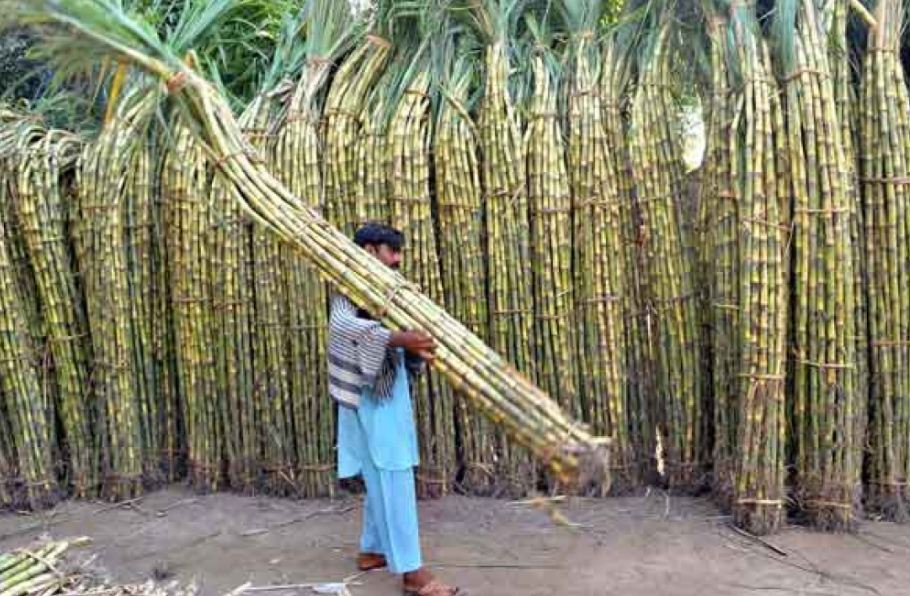
Air Traffic Control Failure Grounds Delhi Airport Operations — Passengers Face Hours of Delay
In Karnataka, one of India’s leading sugar-producing states, sugarcane farmers have taken to the streets demanding fair prices for their crops. The protests, which have been gaining momentum across several districts including Mandya, Belagavi, and Bagalkot, highlight deep-rooted issues in the state’s sugar industry — from delayed payments to disputes over the Fair and Remunerative Price (FRP).
At the heart of the protests lies the disagreement over sugarcane pricing. The Fair and Remunerative Price (FRP) is the minimum price that sugar mills are legally required to pay farmers for their produce, as fixed by the central government. However, states can set a State Advised Price (SAP) — usually higher than the FRP — to account for local conditions. Karnataka’s farmers argue that the FRP set by the Centre is insufficient to cover their rising production costs. With input prices for fertilizer, labour, and transport increasing every year, many say they are being pushed into debt. They are demanding a revised SAP that reflects the true cost of cultivation.
Adding to their woes, several sugar mills — both private and cooperative — have delayed payments for months, and in some cases, even years. Farmers claim that mills owe them crores in pending dues. Many accuse the government of not taking strict action against mill owners who fail to clear payments despite existing laws that mandate timely disbursal. For small and marginal farmers who depend on sugarcane as their primary source of income, such delays are devastating. Many are forced to borrow money at high interest rates, creating a vicious cycle of debt.
The Karnataka government has acknowledged the farmers’ concerns and assured that it is in talks with mill owners to resolve the issue. Officials say that steps are being taken to ensure all dues are cleared, and discussions are underway regarding possible revisions to the FRP and SAP structure. However, protest leaders remain skeptical, insisting that promises made in the past have rarely translated into concrete action.
Sugarcane farming supports millions of rural households in Karnataka. The unrest among farmers could have larger economic implications, affecting sugar production and supply chains. Moreover, with state elections around the corner, the protests have taken a political turn, with opposition parties backing the farmers’ demands.
Farmers’ unions have vowed to continue their agitation until their demands are met — including higher SAP, timely payments, and government intervention to penalize defaulting mills. The situation underscores the urgent need for agricultural reforms that prioritize farmers’ financial security and create transparency in the sugar industry. Unless meaningful steps are taken, Karnataka’s sugarcane crisis could deepen, affecting not only the farmers but also the rural economy at large.








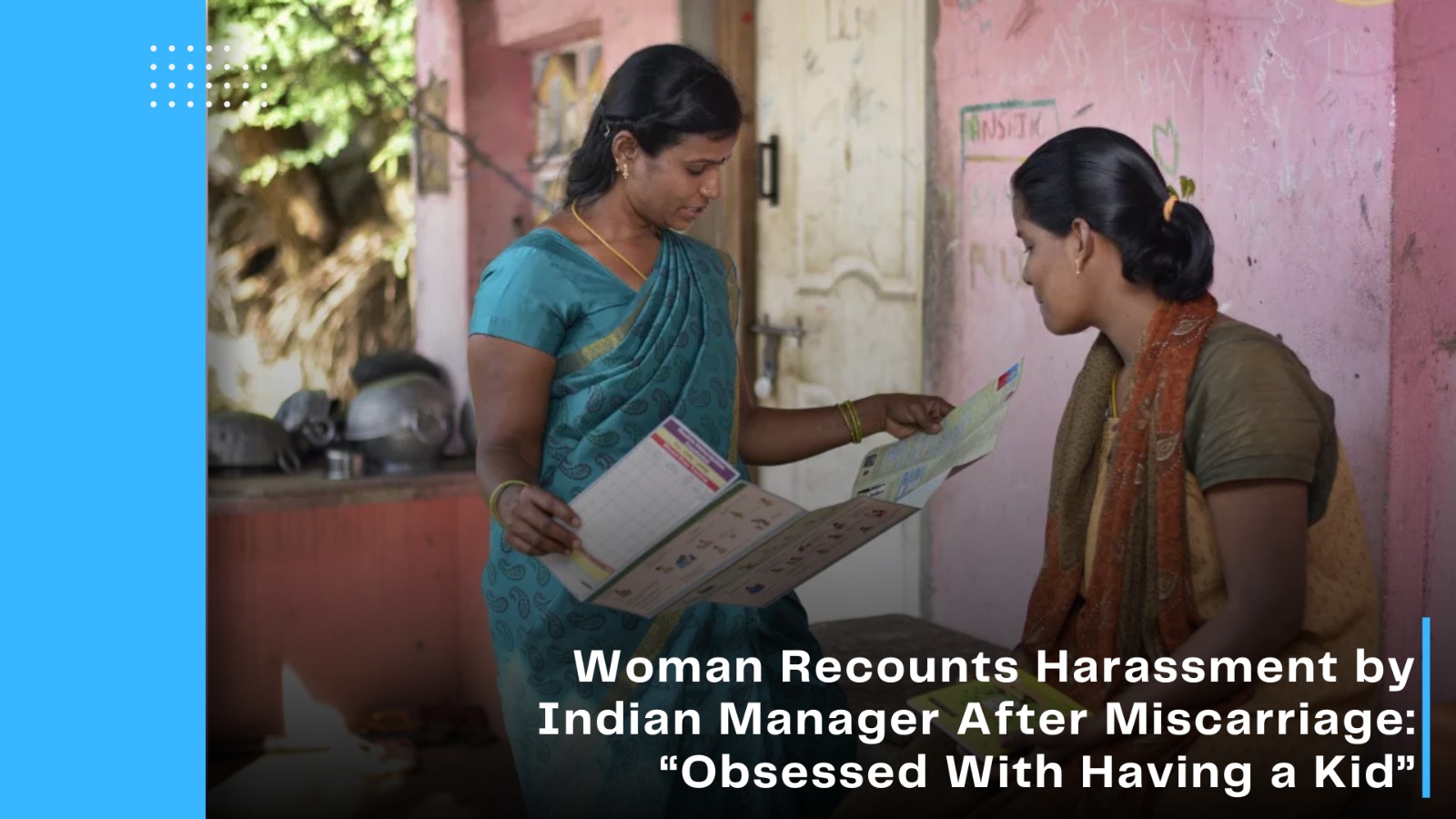
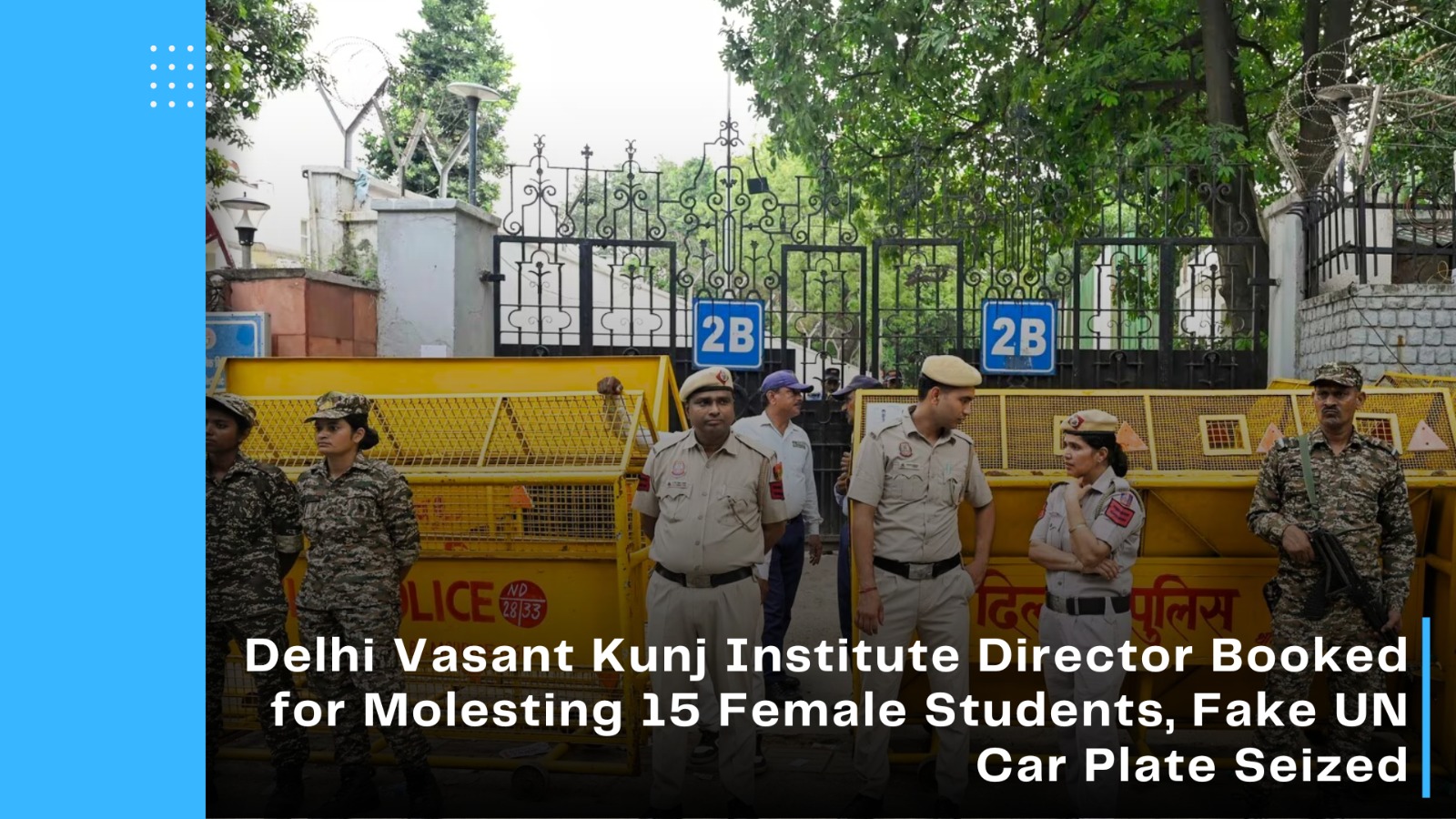








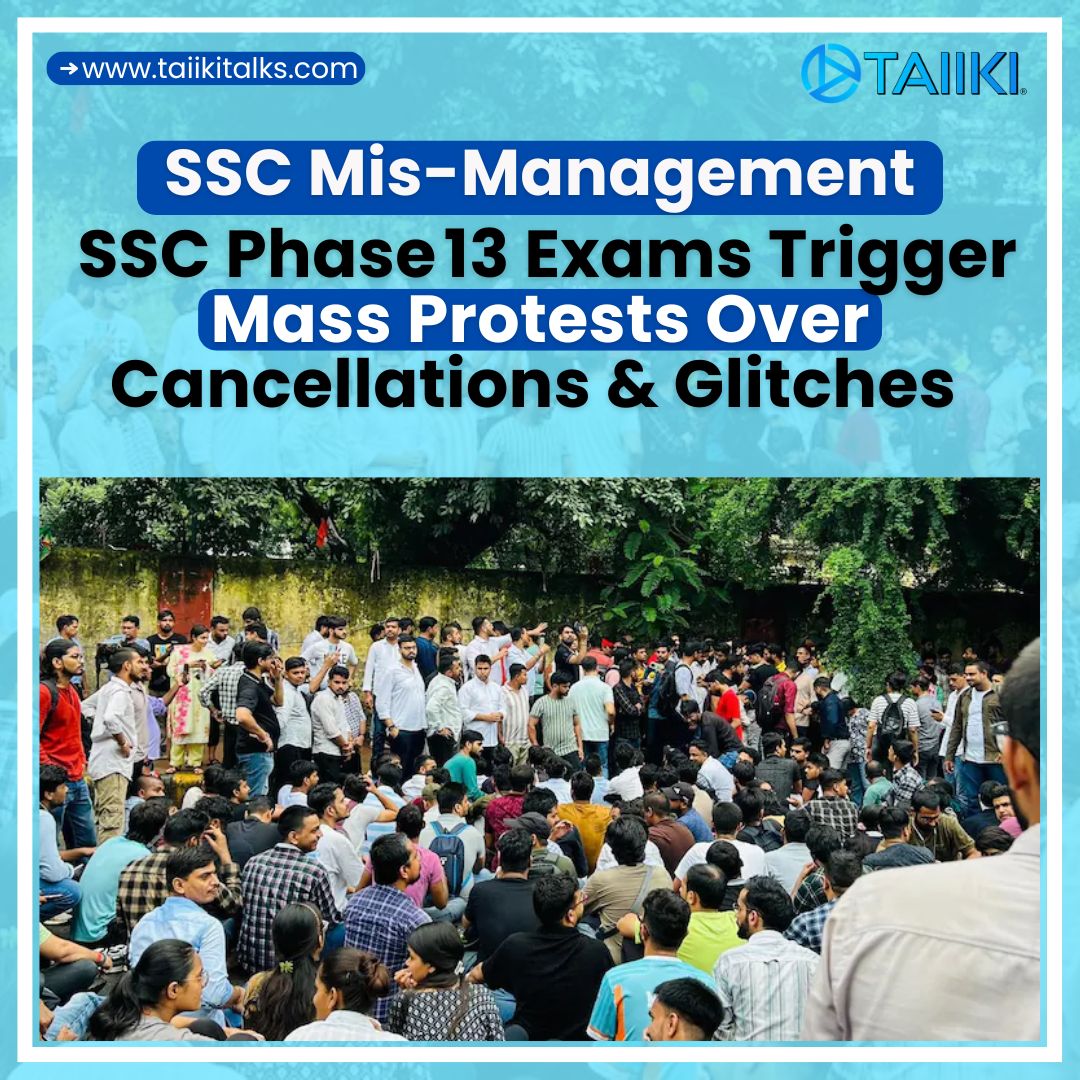






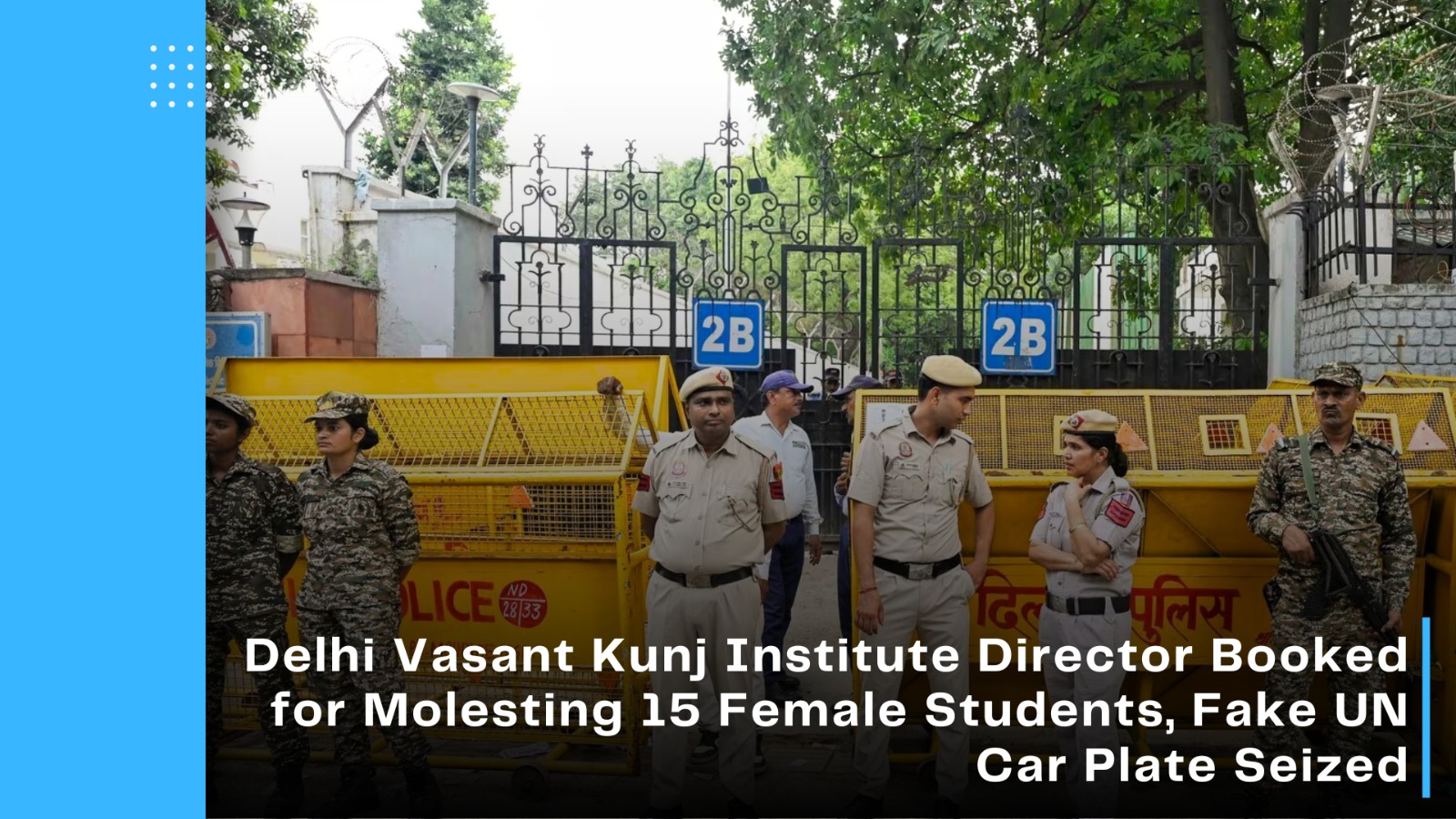











Comments (0)